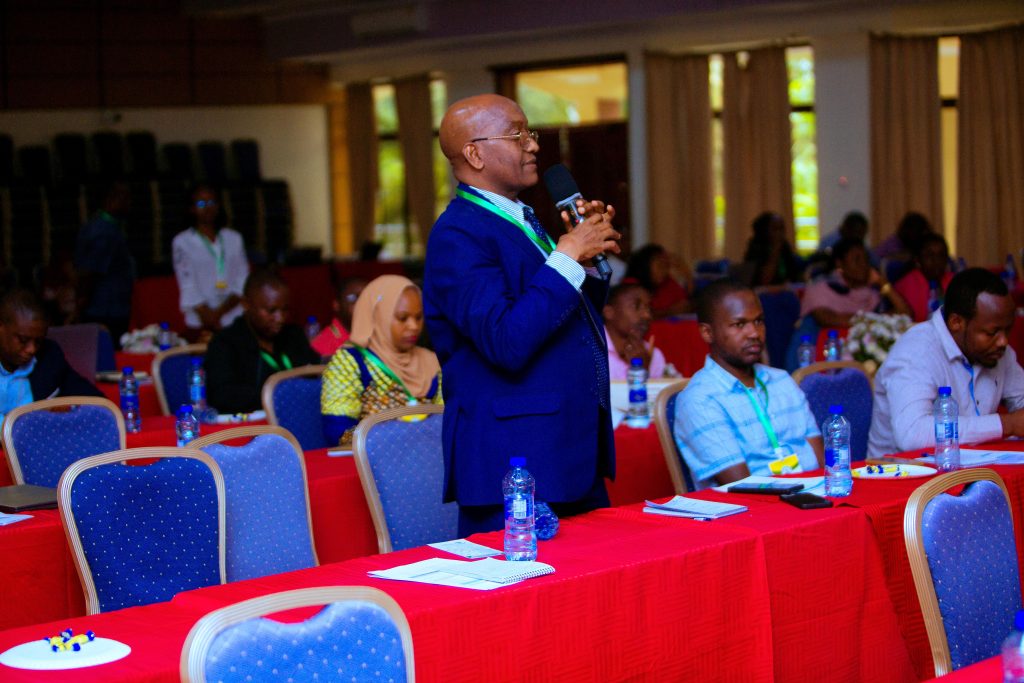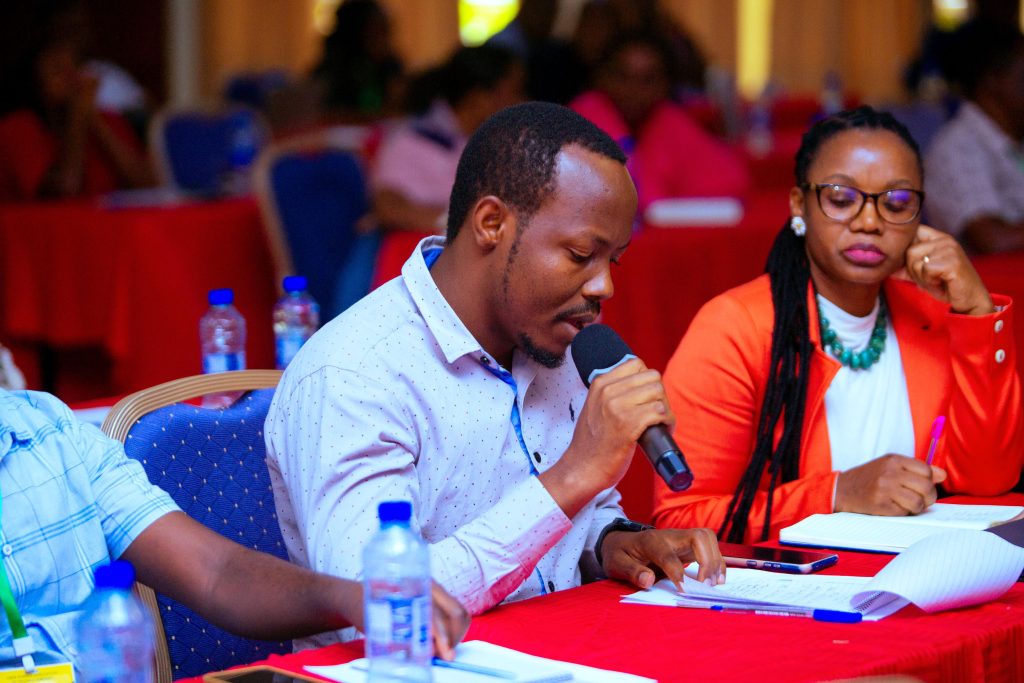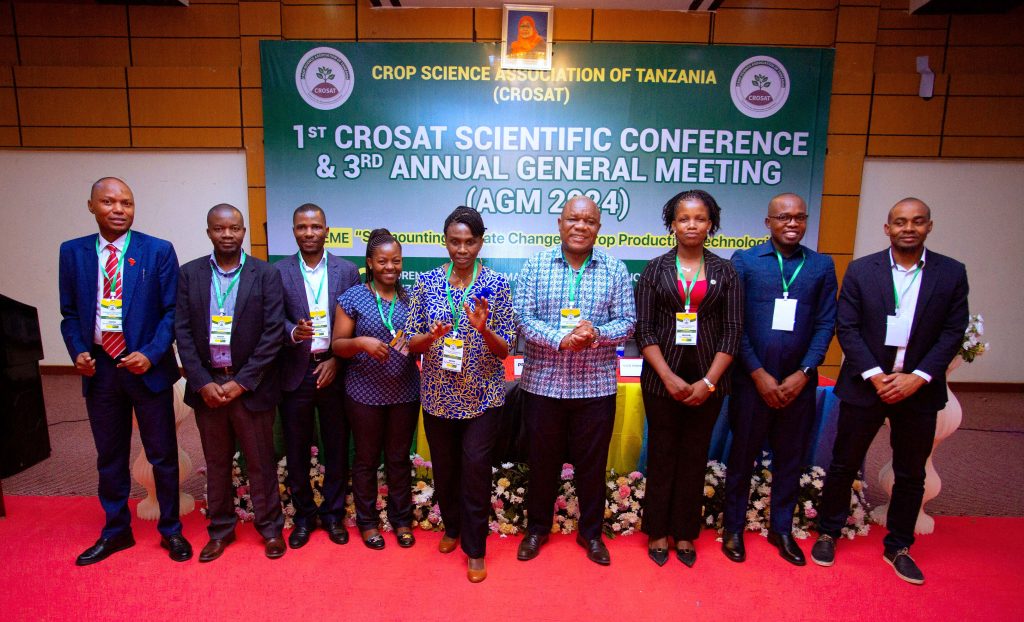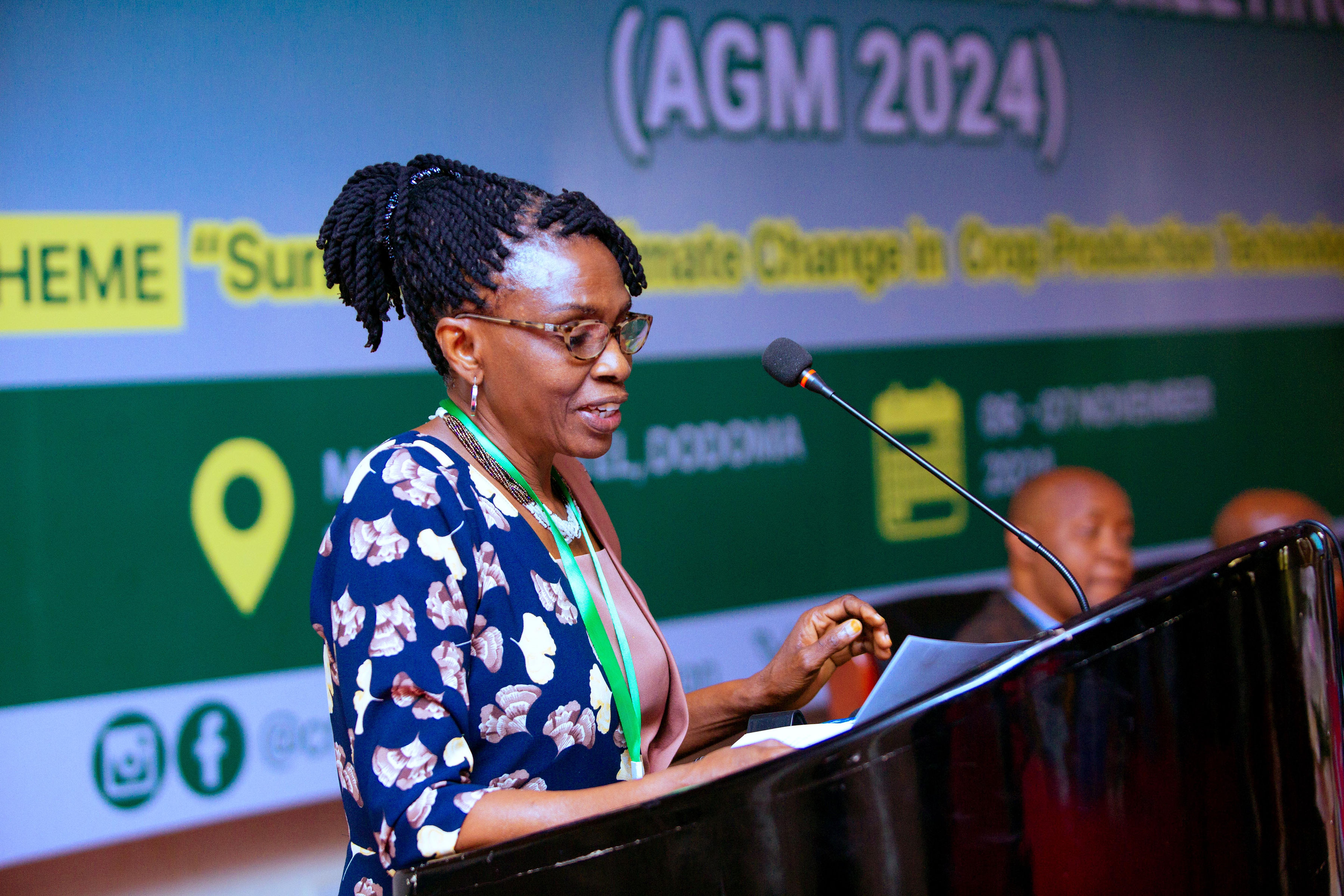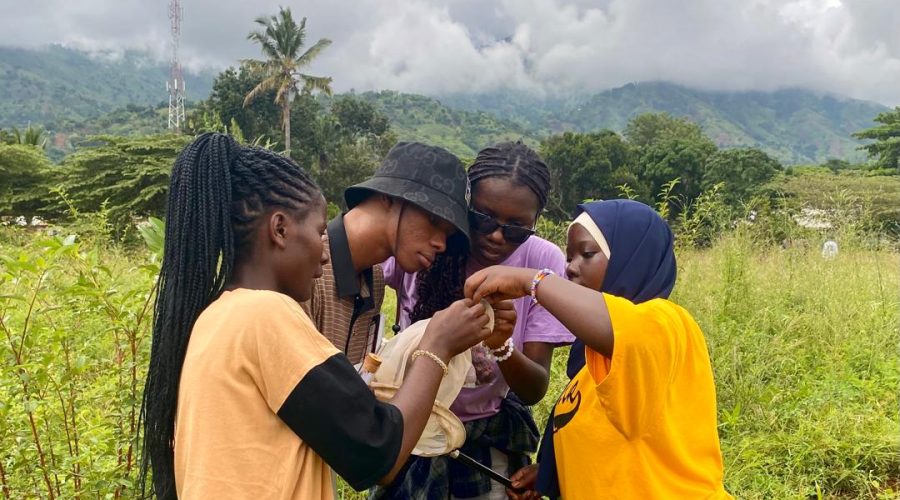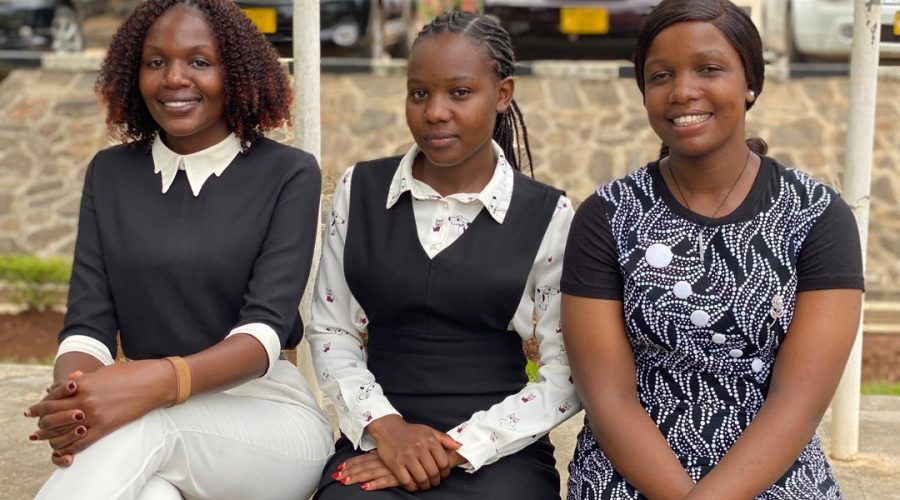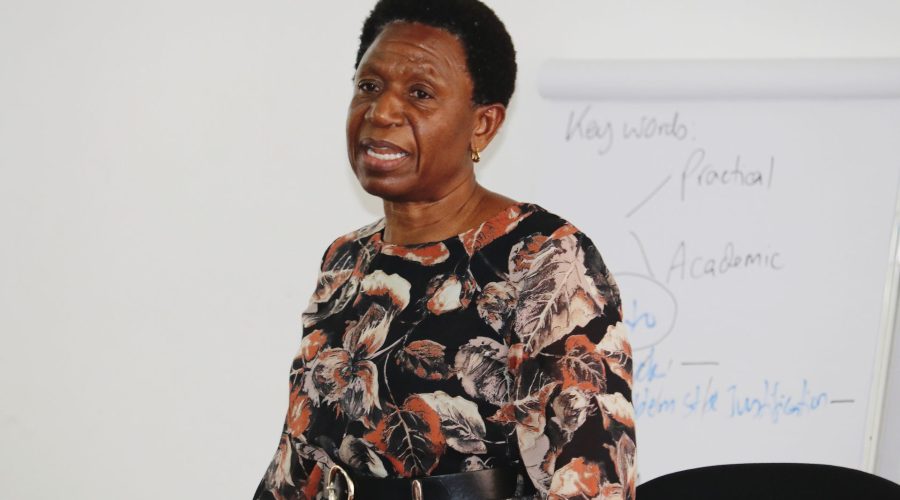The Crop Science Association of Tanzania (CROSAT) held its inaugural scientific conference earlier in November, bringing together professionals, researchers, and practitioners from various disciplines in crop and allied sciences. The theme of the conference, “Surmounting Climate Change in Crop Production Technologies,” focused on innovative solutions to the challenges posed by climate change in agriculture, particularly in crop production.

Diverse Presentations and Insights
The conference featured a series of keynote speakers and presenters from diverse fields, including pest management, agroecology, biotechnology, crop improvement, climate-smart cropping systems, crop value chains, and seed systems. Among the key figures at the event was Prof. Raphael Chibunda, the Vice-Chancellor of the Sokoine University of Agriculture (SUA), who participated in a panel discussion on biotechnology. Prof. Chibunda encouraged scientists to embrace innovative technologies and to remain open to experimenting with new approaches that could contribute to sustainable agricultural solutions.
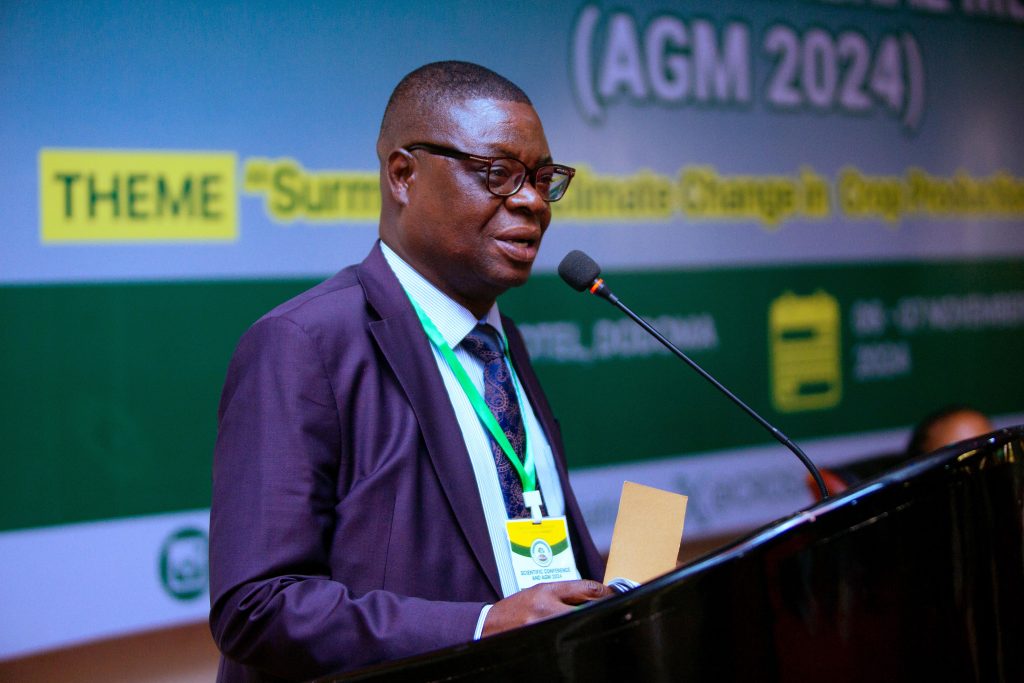
Another notable contributor was Prof. Maulid Mwatawala, the Deputy Vice-Chancellor of Academic, Research and Consultancy (DVC – ARC) at SUA. Prof. Mwatawala presented on agroecology, a key area of focus at the conference. He emphasized the importance of sustainable farming practices that are both environmentally friendly and economically viable for farmers. One of the key messages from the session was the fact that agroecological farming does not negatively impact pollinator communities and can even contribute to increased crop yields.
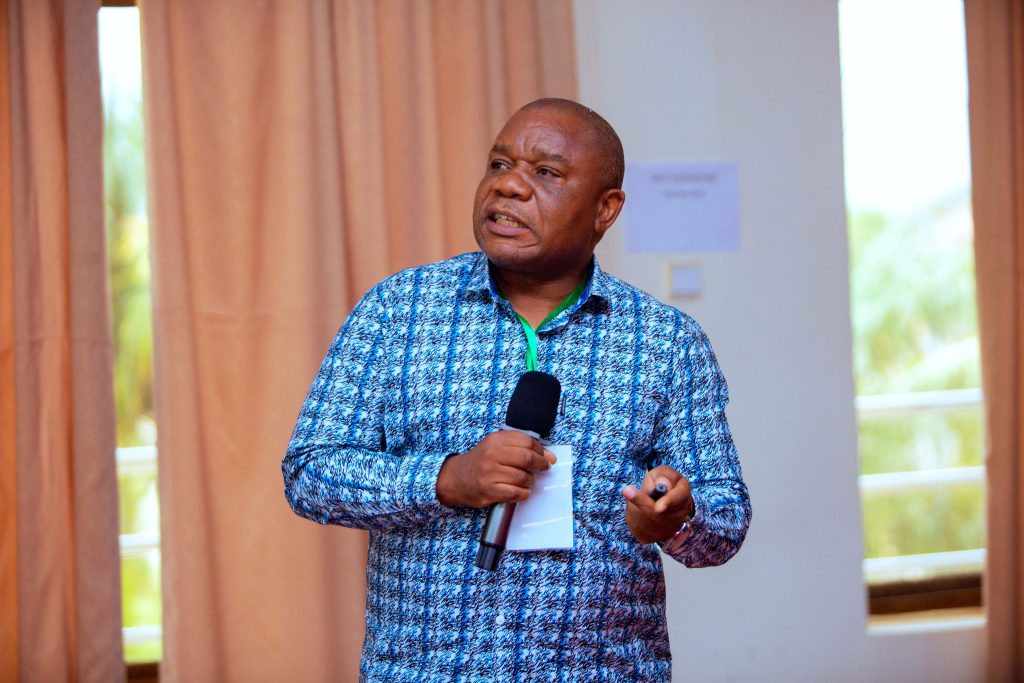
Other keynote speakers and panelists were Mr. Mdili Katemani, Manager Plant Health Compliance and Trade Facilitation from TPHPA, Dr. Sophia Kashenge, Director of Technology Transfer and Partnerships from TARI, Prof. Marc Heijde from VIB-International Plant Biotechnology Outreach- Belgium, Dr. Anne Ndanu Muia- National Biosafety Authority- Kenya, and Dr. Nicholas Nyange, Biotechnology Society of Tanzania (BST).
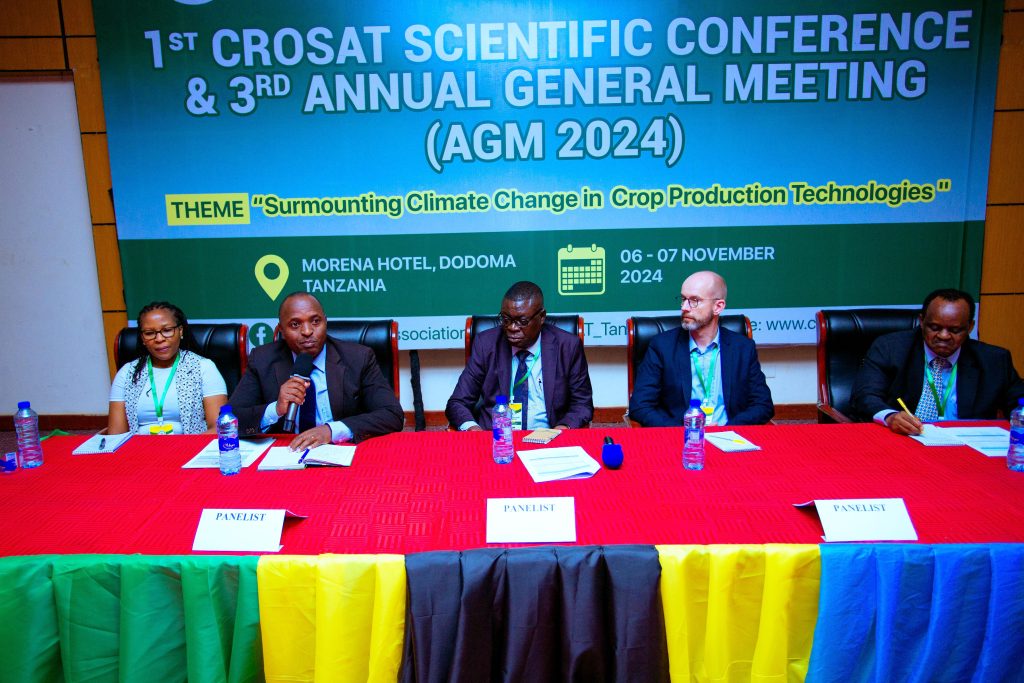
Contributions from SUA staffs and Students
The Department of Crop Science at SUA was well represented at the conference, with faculty members and students sharing their research and findings on various crop science topics. Dr. Ramadhan Majubwa, one of the faculty members involved in agroecology and pest management, discussed the achievements of ongoing projects such as AGROVEG and ISeBAF. These projects focus on the use of agroecological methods for managing fruit fly infestations in crops.
Dr. Majubwa reported that over 200 farmers in the Morogoro region have been trained in agroecological farming practices. Additionally, more than 30 scientists have received training on fruit fly identification, classification, and management techniques. The project has also produced a training manual titled, “Agroecological Farming Practices for Management of Fruit Flies Attacking Cucurbit Crops.”
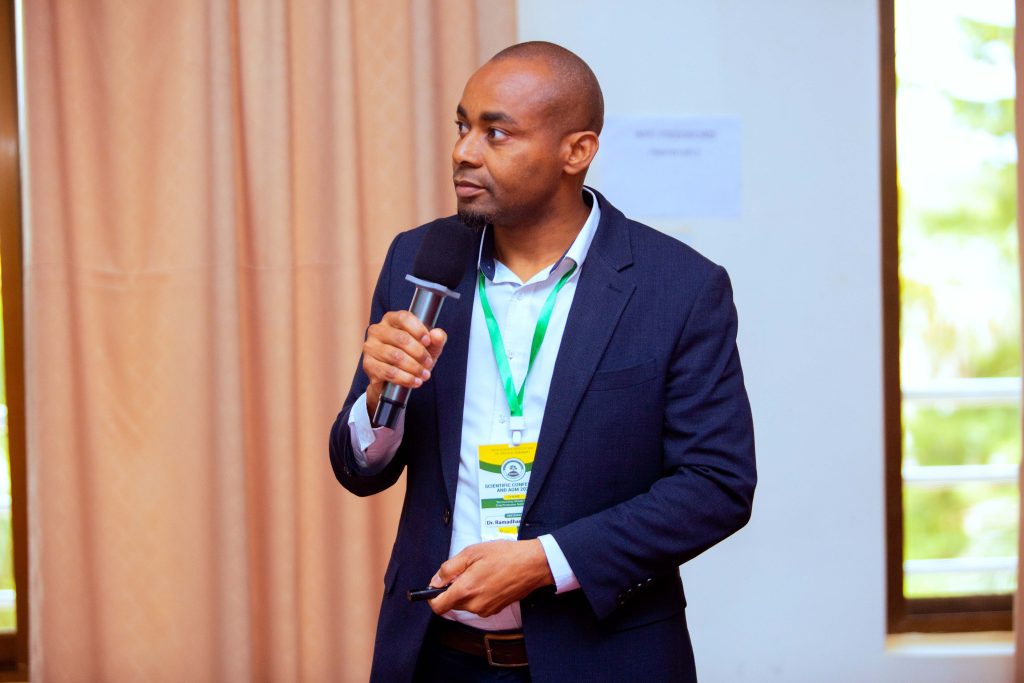
Another presenter from SUA, Dr. Yasinta Nzogela, discussed her research on managing root-knot nematodes in tomato and cucumber fields using Trichoderma and botanical pesticides. Her work aims to reduce the reliance on chemical pesticides, offering more sustainable solutions to pest problems.
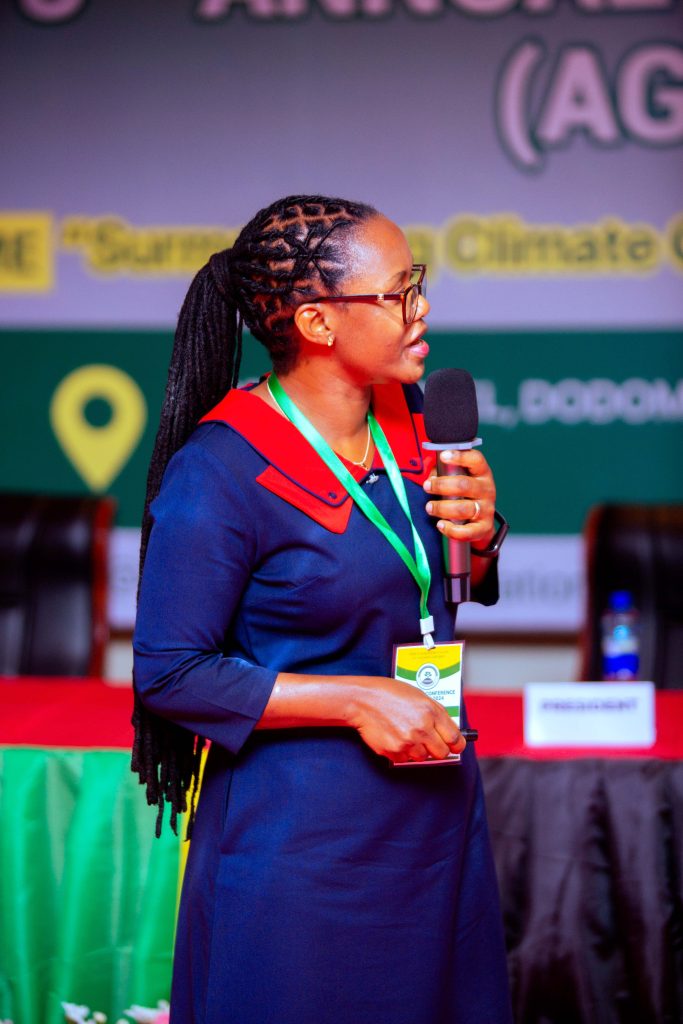
On his side, Dr. Abdul Kudra who is the head of the Department of Crop Science and Horticulture reminded the scientists to share their results with the community including policymakers, researchers, farmers, and other stakeholders who will make use of the results. “Let’s use all possible ways to disseminate knowledge generated from our research”, he insisted.

Student Involvement and Positive Feedback
The student participation at the conference was also a highlight, with several SUA students presenting their research and engaging with the broader scientific community. Among them was Mr. Godlove John, who praised CROSAT for organizing such a valuable event. “It is my first time attending and presenting at a scientific conference, and it was a great experience. It has given me more confidence in my research and in my ability to engage with the broader scientific community,” said John.

Many students at the conference echoed similar sentiments, noting the importance of such events in fostering collaboration and knowledge exchange among future agricultural scientists.
Looking Forward
CROSAT scientific conference provided a unique platform for researchers, practitioners, and students to engage with cutting-edge research and discuss practical solutions for the challenges facing the agricultural sector, particularly in light of climate change. The participation of staff and students further strengthened the university’s role as a leading institution in agricultural research and innovation.
The knowledge gained and the relationships built during this conference will continue to shape future research initiatives at SUA and beyond. With its strong emphasis on sustainable practices, biotechnology, and agroecology, SUA remains at the forefront of addressing the challenges of climate change in crop production.
CROSAT Annual General Meeting: Achievements and Future Plans
After the conclusion of the scientific conference, CROSAT Annual General Meeting (AGM) took place, where Prof. Kallunde Sibuga, the President of CROSAT, delivered the opening speech. Prof. Sibuga highlighted the association’s significant achievements in promoting crop science and fostering collaboration among agricultural scientists in Tanzania. She praised the progress made so far in developing the association and contributing to the advancement of crop science across the country.
In her address, Prof. Sibuga also outlined the association’s plans for the future, emphasizing the continued importance of addressing climate-related challenges in agriculture. She encouraged everyone involved in the field of crop science to stay committed and work together to push forward the boundaries of research, innovation, and sustainable agricultural practices.
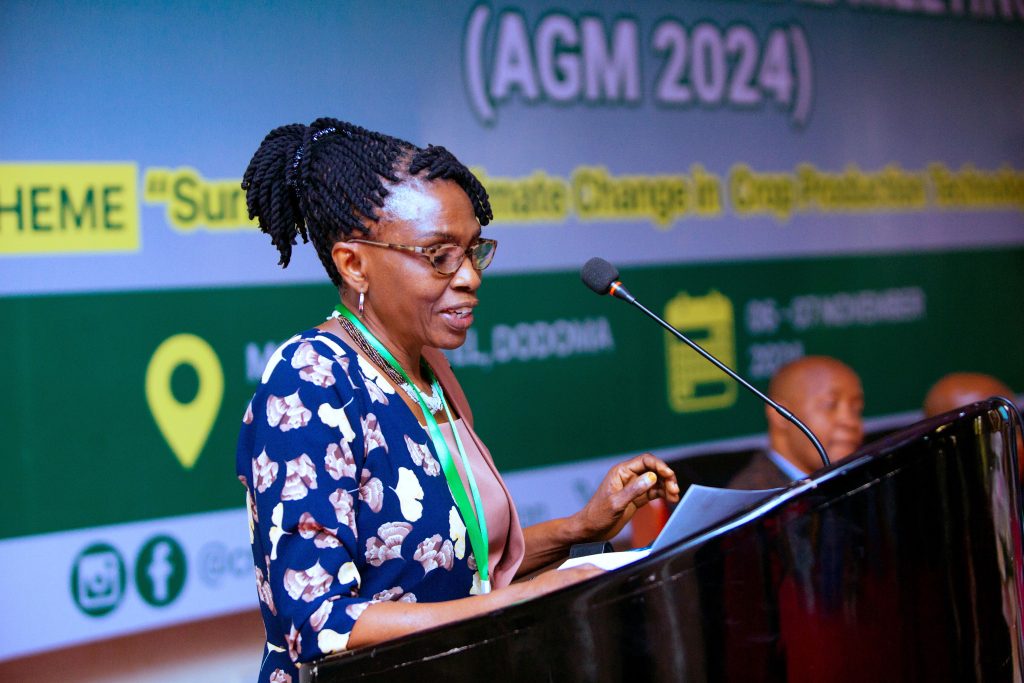
“Let us continue working together to develop crop sciences and keep up the good work,” Prof. Sibuga urged, inspiring all members and participants to maintain their focus on advancing the field of crop science for the benefit of both the scientific community and the farming sector.
Conclusion
The inaugural CROSAT conference was a significant event in the Tanzanian crop science research community. It not only showcased the achievements and contributions of SUA researchers but also fostered collaboration among experts in the field of crop science. As the effects of climate change become increasingly evident, conferences like CROSAT are essential for sharing knowledge, shaping policy, and finding practical solutions to ensure the future sustainability of crop production in Tanzania and beyond.

